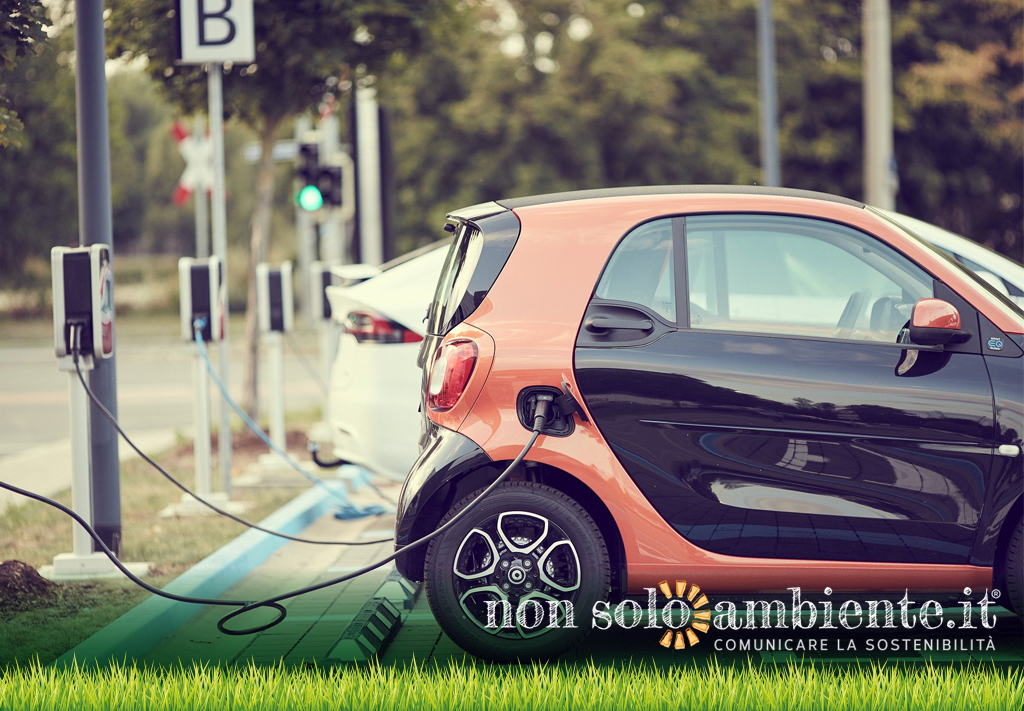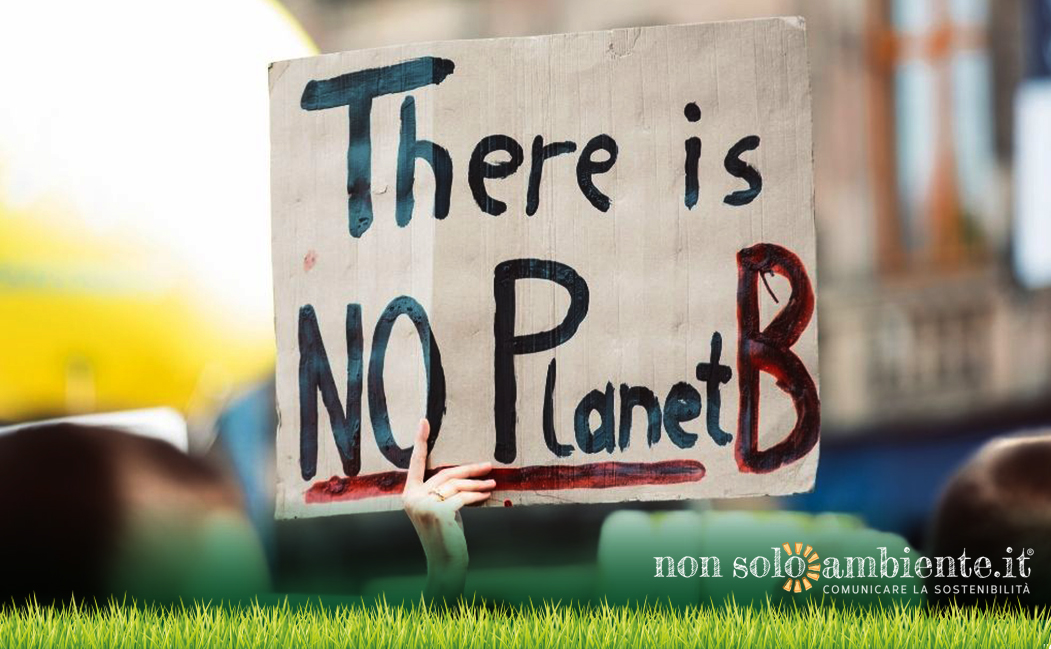

The health emergency is strongly affecting the international economy and the production, and the car market suffers. What will be the future of electric mobility?
The Covid19 pandemic is causing major disruption, both health and economic. Major national industries, from small businesses to international giants, have already felt the impact. This is also the case with the automotive industry, which is sailing in bad waters globally.
Globally, the industry has postponed major events such as the Geneva Motor Show and the New York Motor Show. The damage now will be felt in investments and projects for the foreseeable future: just think of the market and the production of electric vehicles.
"Without the pandemic, we would probably have headed for a record year for global electric vehicle sales," said Colin McKerracher, head of transportation at BloombergNEF. According to data from China, the world's largest manufacturer of electric vehicles, sales of electric vehicles fell by 52% in January compared to 2019, and February by 77%, while production fell by more than 80% compared to 2019. In March, only 28,000 cars were registered in Italy, compared with more than 190,000 in March last year. The collapse in the price of oil due to large stocks immobilised due to lockdown and the absence of economic incentives for green mobility could be an obstacle to incentivizing the spread and sale of electric cars.
The UNRAE - Unione Nazionale Rappresentanti Autoveicoli Esteri, a trade association of the automotive sector, is the subject of intervention, made up of foreign car manufacturers with distribution in Italy. Unrae has already put forward a proposal for organic measures for all sectors, from cars to industrial vehicles. General Manager Andrea Cardinali stated just few weeks ago: "Measures are needed to support the automotive industry, for example through the adoption of measures for immediate and effective support for the demand for cars, by consumers and companies, combining the use of tax leverage with direct incentive tools".
In addition to an increase in the availability of the fund, the manufacturers are focusing on the introduction of the third range of cars that can benefit from incentives to buy with emissions of between 61 and 95 grams of CO2 per kilometre. For this type of car, which is essentially small and compact, hybrid and diesel, UNRAE is asking for a contribution of 2,000 euros in the event of a scrappage and 1,000 without scrapping.
The proposal also offers increasing economic aid for models with emissions between 21 and 60 grams of CO2 per kilometre: an increase of 1,500 euros, thus reaching 4,000 euros, with scrapping and 1,000 euros without, bringing, in this case, the contribution to 2,500 euros.
Intervention is also required in terms of fiscal realignment to the standards of other European Union countries. The invitation is to increase the text of the maximum deductible cost up to 50 thousand euros, the 100% depreciable fee and the deductibility of VAT for companies and freelancers up to 100%.
Actions that would, according to the manufacturers, be worth about 3 billion euros in aid, for an impact on the market between 100 and 200 thousand more cars at the end of the year, depending on the duration of the pandemic in our country.
Tags:
Potrebbero interessarti ...
Snam’s commitment to sustainability at Dubai Expo 2020
13 Ottobre 2021No more chocolate by 2050 because of extreme droughts effects
22 Settembre 2021How much CO₂ do urban forests absorb?
15 Settembre 2021Iscriviti alla nostra Newsletter!
Sei un sostenitore dell'ambiente in tutte le sue forme? Allora sei nel posto giusto!
Iscriviti subito!




